A black panel of aluminium created by lasers can purify water containing human waste and heavy metals to drinkable standards, using just sunlight.


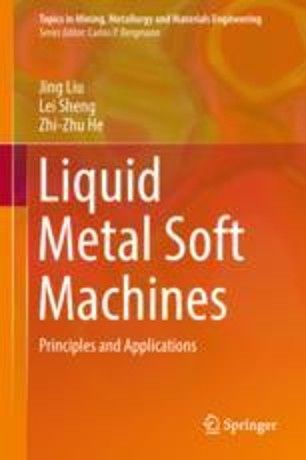
Liquid metal machine can also be made as tiny motors. In fact, the micro- or even nanomotors that could run in a liquid environment is very important for a variety of practices such as serving as pipeline robot, soft machine, drug delivery, microfluidics system, etc. However, fabrication of such tiny motors is generally rather time and cost consumptive and has been a tough issue due to the involvement of too many complicated procedures and tools. This lab had discovered a straightforward injectable way for spontaneously generating autonomously running soft motors in large quantity Yao et al (Injectable spontaneous generation of tremendous self-fuelled liquid metal droplet motors in a moment, 2015 [ 1 ]). It was demonstrated that injecting the GaIn alloy pre-fuelled with aluminum into electrolyte would automatically split in seconds into tremendous droplet motors swiftly running here and there. The driving force originated from the galvanic cell reaction among alloy, aluminum, and surrounding electrolyte, which offers interior electricity and hydrogen gas as motion power. This finding opens the possibility to develop injectable tiny-robots, droplet machines, or microfluidic elements. It also raised important scientific issues regarding characterizing the complicated fluid mechanics stimulated by the quick running of the soft metal droplet and the gases it generated during the traveling. Our lab Yuan et al (Sci Bull 60:1203–1210, 2014 [ 2 ]) made further efforts to disclose that the self-powered liquid metal motors takes interiorly driven macroscopic Brownian motion behavior. Such tiny motors in millimeter-scale move randomly at a velocity magnitude of centimeters per second in aqueous alkaline solution, well resembling the classical Brownian motion. However, unlike the existing phenomena where the particle motions were caused by collisions from the surrounding molecules, the random liquid metal motions are internally enabled and self-powered, along with the colliding among neighboring motors, the substrate, and the surrounding electrolyte molecules. This chapter illustrates the typical behaviors of the self-powered tiny liquid metal motors.

Investment in U.S. offshore wind projects are set to hit $78 billion (€69 billion) this decade, in contrast with an estimated $82 billion for U.S. offshore oil and gasoline projects, Wood Mackenzie data shows. This would be a remarkable feat only four years after the first offshore wind plant — the 30 megawatt (MW) Block Island Wind Farm off the coast of Rhode Island — started operating in U.S. waters.
According to the Department of Energy (DOE), there are 28 US offshore wind projects in the planning stage, with the biggest clusters along the East Coast, from Massachusetts to Virginia. There are also 15 active commercial leases for offshore wind development in the U.S. and if they are fully built, there is the potential to support approximately 25 GW of offshore wind capacity.
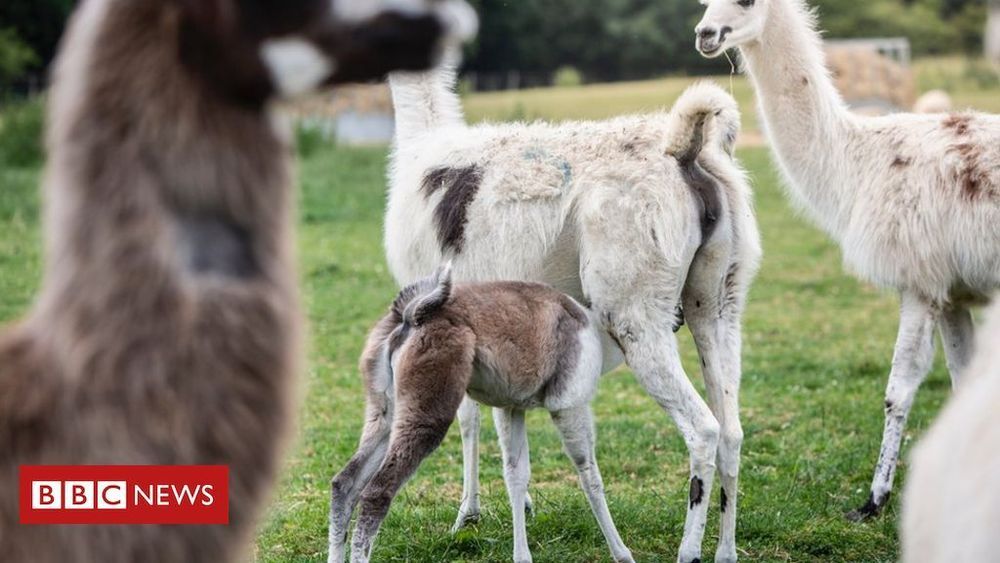
As Fifi the llama munches on grass on a pasture in Reading, her immune system has provided the template for a coronavirus treatment breakthrough.
Scientists from the UK’s Rosalind Franklin Institute have used Fifi’s specially evolved antibodies to make an immune-boosting therapy.
The resulting llama-based, Covid-specific “antibody cocktail” could enter clinical trials within months.

Japanese start-up SkyDrive is preparing to fly its electric vertical take-off and landing (eVTOL) test aircraft in public for the first time in August, as it sets its sights on building a thriving air taxi and urban air mobility market in the country on the back the developmental battery-powered design.
SkyDrive says it began flight testing a proof of concept model at its test centre in Toyota in December 2019, and the aircraft” completed its technical verification phase” in March.
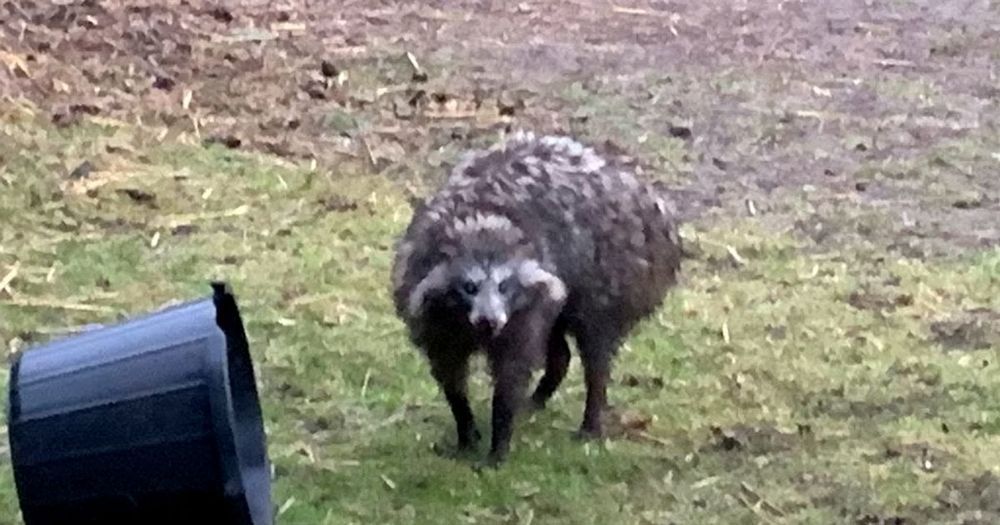

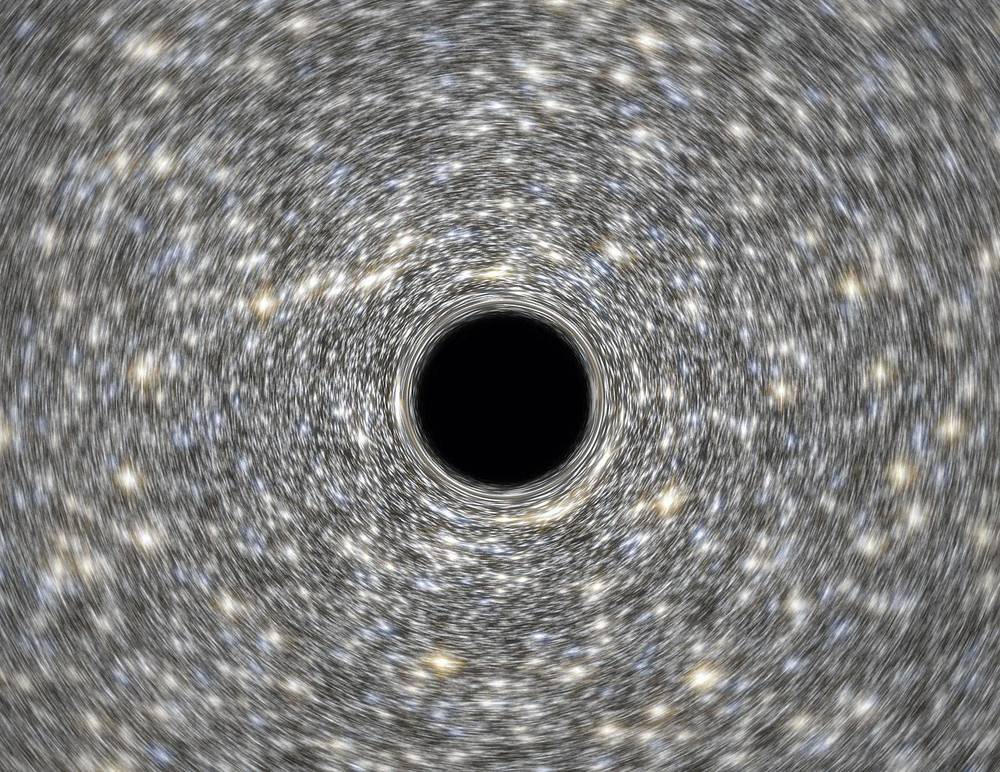
Quantum radar can find it.
The hunt for the ever-elusive “Planet Nine” has taken scientists down some very strange roads. The idea that a planet exists in the outer reaches of our solar system and can’t be easily seen has been floating around for some time, and observations of other objects in the area suggest that there’s something big generating a gravitational pull. The easiest explanation would be a planet, but it’s not the only possibility.
On January 2, 2020, the state of New South Wales declared a state of emergency as Australia’s bushfires continued their deadly rampage. The next day the Australian state’s former fire commissioner urged the prime minister to call in back-up. The country needed more fire bombers from North America and Europe.
But one machine already hard at work was the S-64E Air Crane, operated by Oregon-based Erickson Inc. Six of its huge helicopters had been already been dousing the fires that put Australians—and the continent’s indigenous wildlife—at risk.
“Flying against the fires in Australia, we’ve put more hours on the S-64s per week this year than we’ve seen in quite some time,” says Jeff Baxter, Director of Research and Development at Erickson.
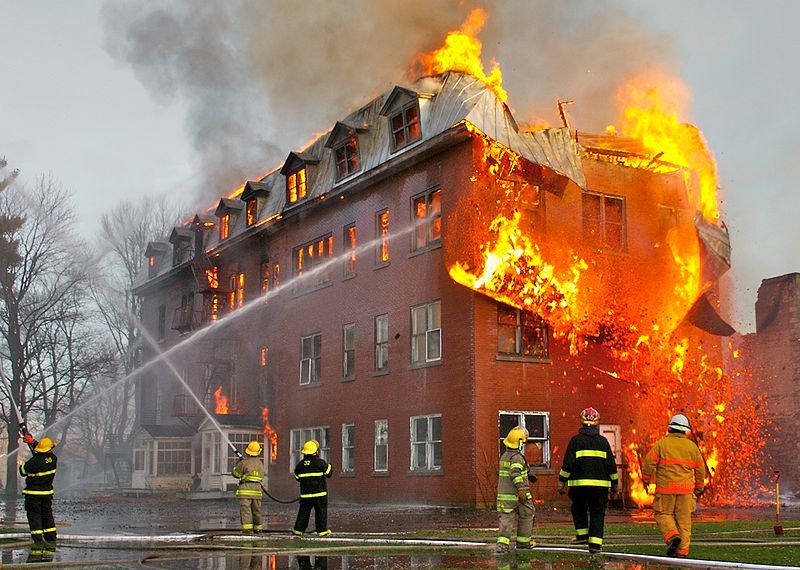
Circa 2011
It’s certainly an established fact that electricity can cause fires, but today a group of Harvard scientists presented their research on the use of electricity for fighting fires. In a presentation at the 241st National Meeting & Exposition of the American Chemical Society, Dr. Ludovico Cademartiri told of how they used a unique device to shoot beams of electricity at an open flame over one foot tall. Almost immediately, he said, the flame was extinguished. On a larger scale, such a system would minimize the amount of water that needed to be sprayed into burning buildings, both saving water and limiting water damage to those buildings.
Apparently, it has been known for over 200 years that electricity affects fire – it can cause flames to change in character, or even stop burning altogether. According to Cademartiri, a postdoctoral fellow in the group of Prof. George M. Whitesides at Harvard University, what hasn’t been looked into much is the science behind the relationship. It turns out that soot particles within flames can easily become charged, and therefore can cause flames to lose stability when the local electrical fields are altered.
The Harvard device consists of a 600-watt amplifier hooked up to a wand-like probe, which is what delivers the electrical beams. The researchers believe that a much lower-powered amplifier should deliver similar results, which could allow the system to worn as a backpack, by firefighters. It could also be mounted on ceilings, like current sprinkler systems, or be remotely-controlled.